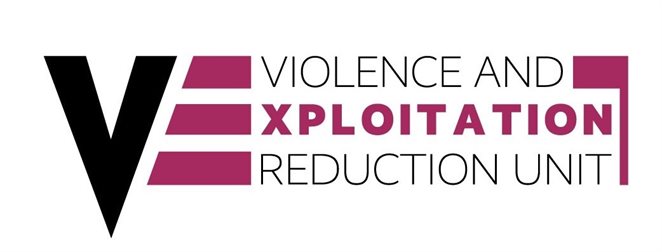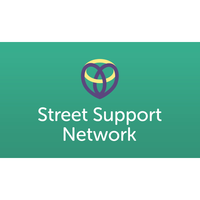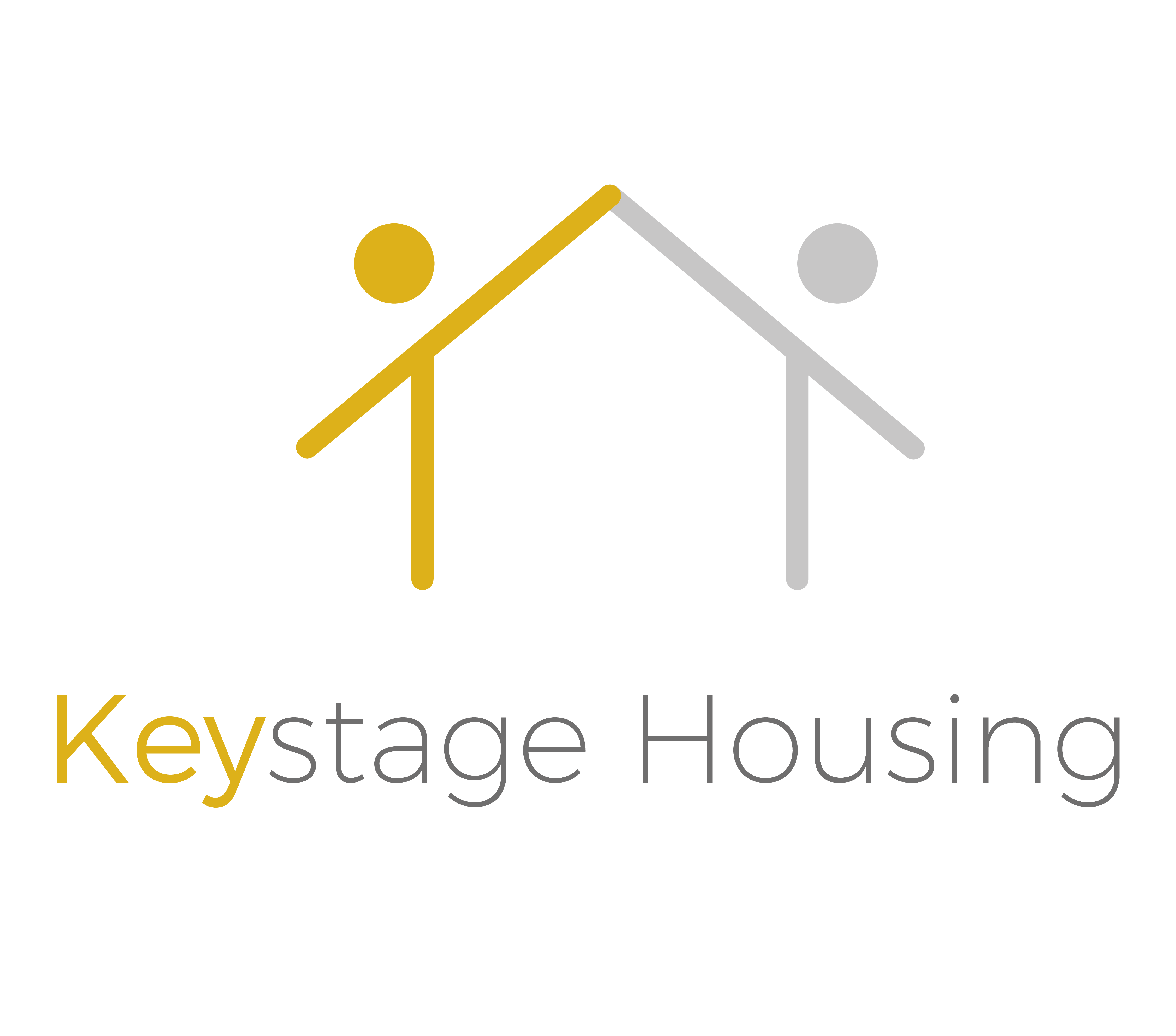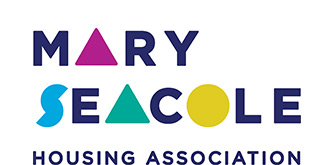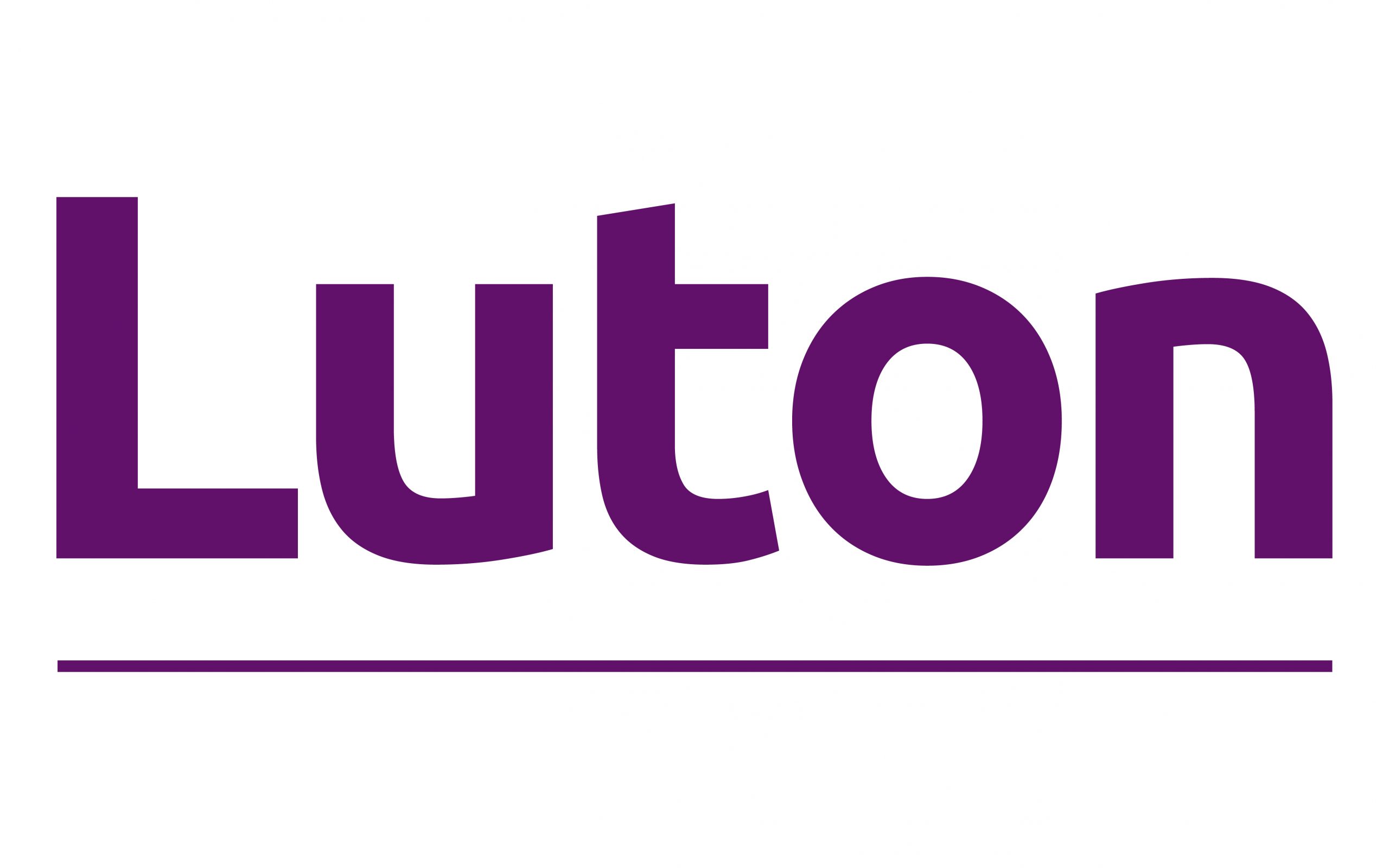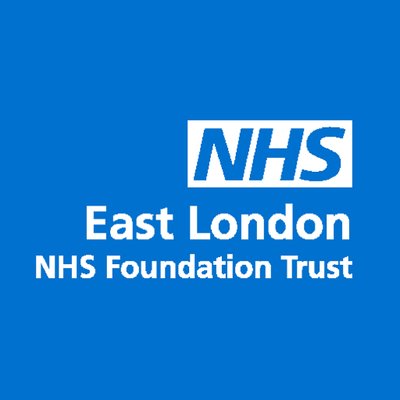In 2019 the Luton Homeless Partnership was formed by a group of homelessness services, drug & alcohol services, mental health, LBC, volunteer groups and people with lived experience. All partners share a belief that we can significantly improve services for people affected by Rough Sleeping and homelessness in Luton, by working together in better partnerships.
This will crucially include involvement and representations from people with lived experience of homelessness to codesign and improve service delivery outcomes for service users and stakeholders.
The Partnership made a commitment to codesigning and coproducing our services and strategies, so that people affected by homelessness are given an active stake in the design and delivery of the services they use.
Its well documented that active participation and peer support make a difference. We know this approach works. Read the evaluation of the service which concludes it saves lives (and money).
There is a simple solution to helping people experiencing homelessness access the health care and treatment they need. A team of volunteers with experience of Rough sleeping and homelessness are trained as advocates and support people to make, attend, and have their voice heard at health appointments.
This is even more important for individuals who are rough sleeping and quite often overlooked as they do not have trained advocates who can ensure they are heard.
In 2020 a Participation Coordinator was introduced to work with the Partnership and establish a group of experts by experience, who will receive training to support them to engage and express themselves across a menu of participatory opportunities.The Coordinator will work with Partners, Groundswell and the CCG to create a Housing Health and Peer Advocacy.
The service will offer opportunities for people affected by homelessness through volunteering, advocacy, employment, and recovery. The peer support service will deliver one-to-one engagements to enable people experiencing homelessness to access the healthcare they need. In addition to providing practical support, peers will work with clients to the confidence needed to access healthcare independently.

